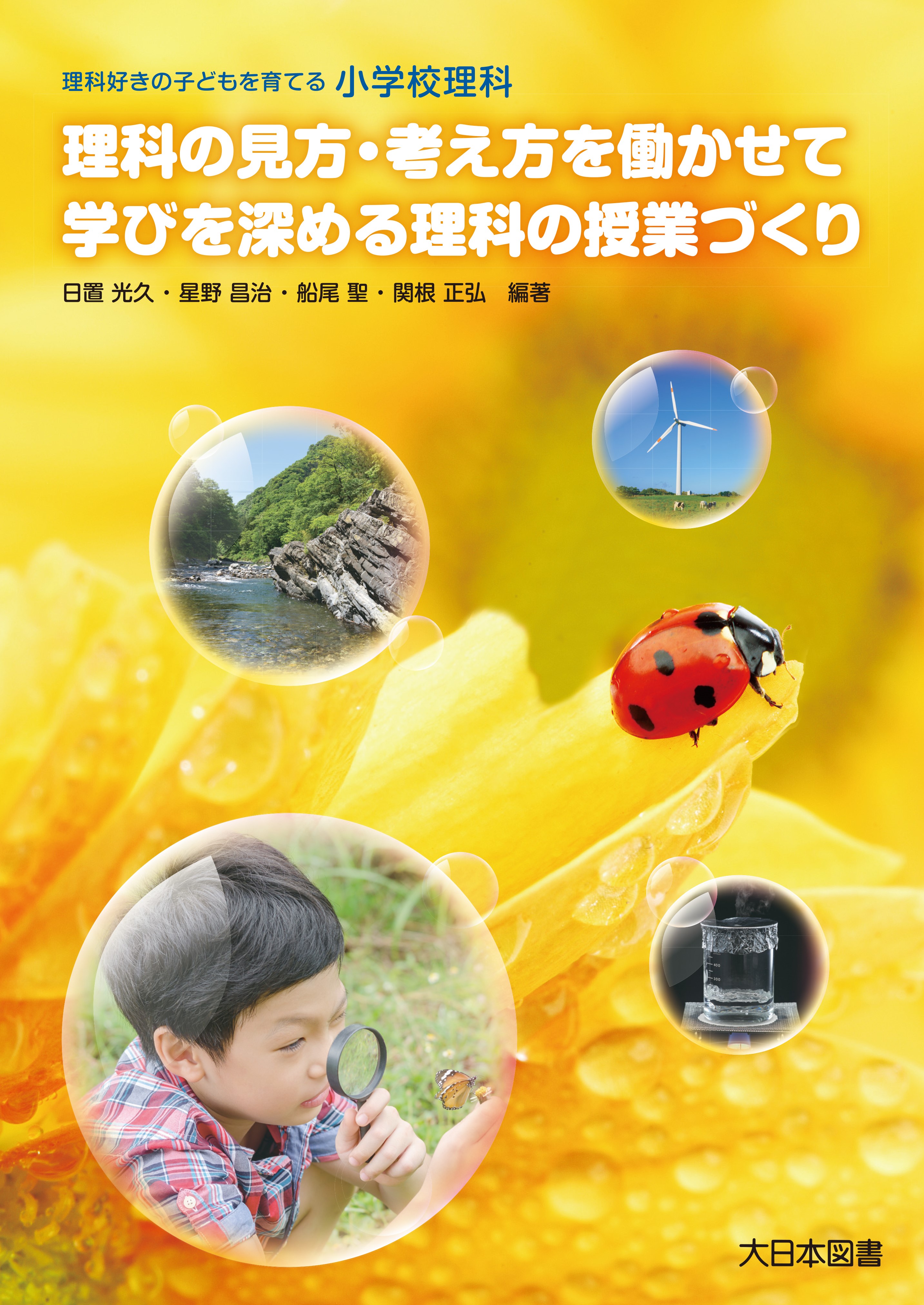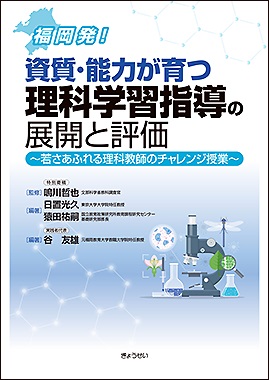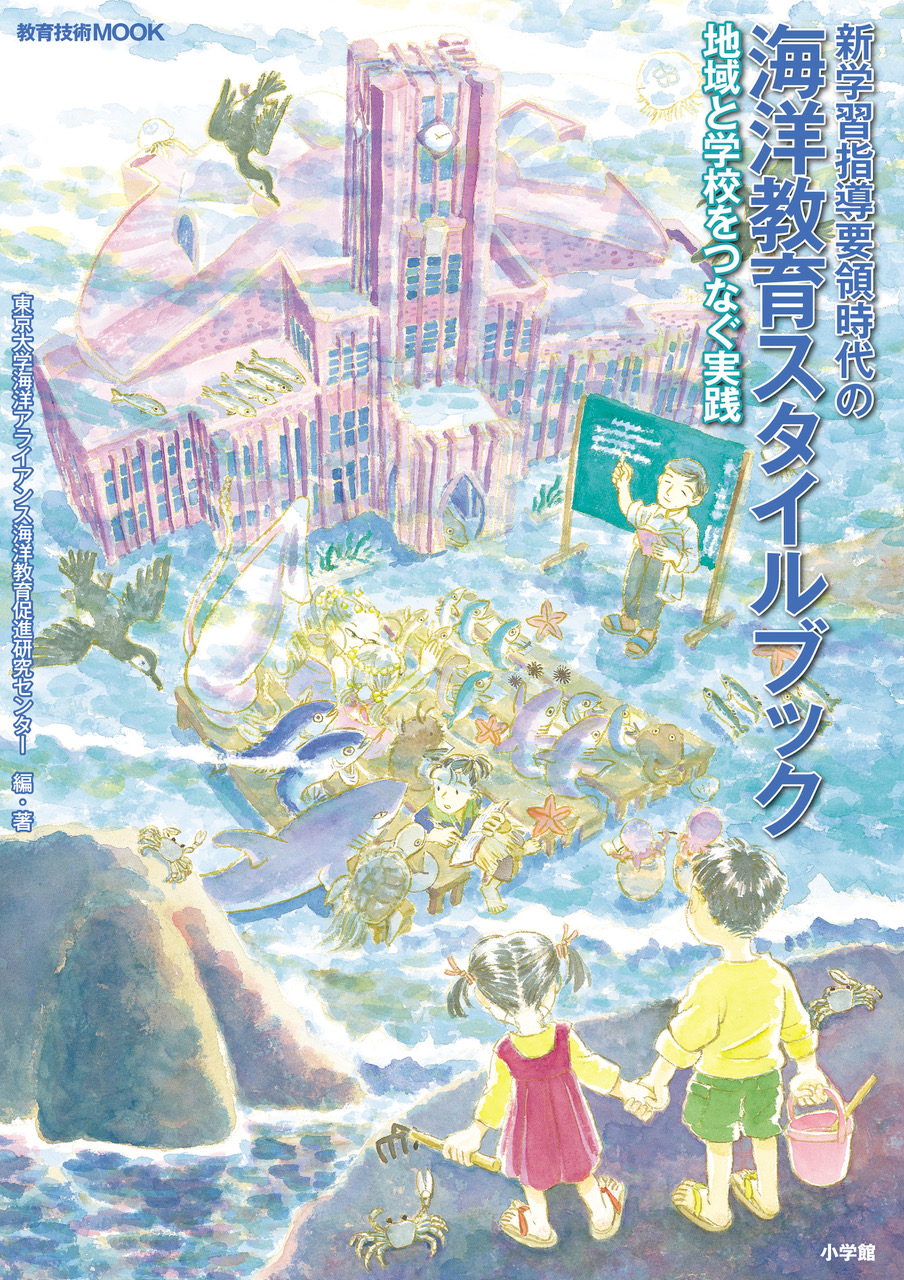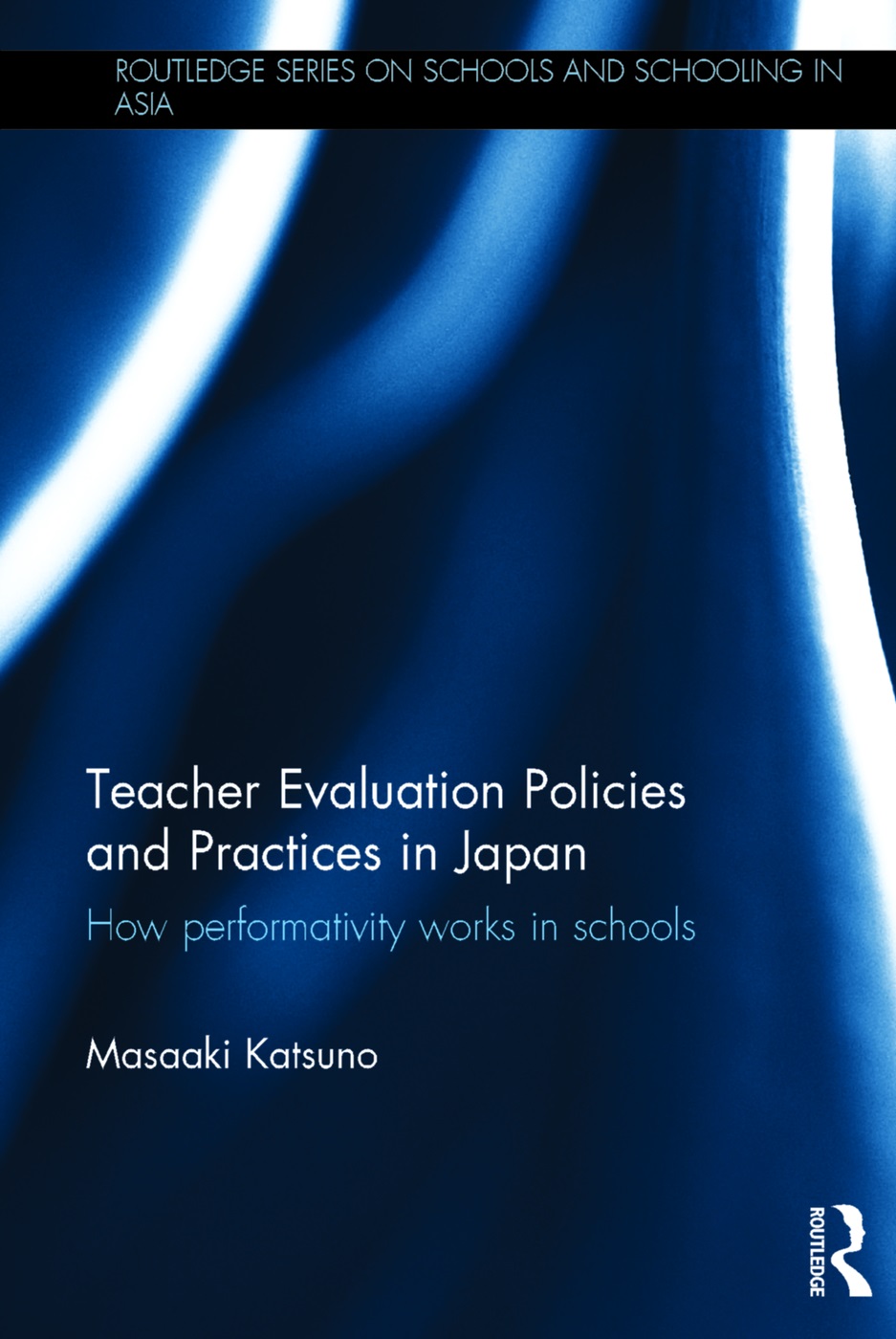2020年度以降実施に移されている新学習指導要領では、いくつかの新科目が導入されている。さらに、一般的に「アクティブラーニング」と呼ばれる新しい教育ビジョンと成長に向けた評価の新方針が導入された。これは、現在および近い将来の「新しい知識社会」に必要な思考スキルと適応力を子供たちに身につけさせることを目的としている。本書は、新学習指導要領を、このような前例のない改正がもたらした議論や社会政治的現実から、各学校科目や教育システム全体において、新要件の意図的成果または非意図的成果までについて検討し、また、過去30年間の日本の教育方針と改正の文脈を照らし合わせながら新しい学習指導要領を検討している。また本書では、学校や教室内における政策の実践を把握し、現場での新学習指導要領が秘める可能性と、それが抱える課題に関するケーススタディを紹介する。最後に、理論に基づいて、アクティブラーニングの起こり得る未来ならびに、国内および世界の政策動向における学習指導要領の方向性を検討する。
(紹介文執筆者: グローバル教育センター 講師 サム・バンキン / 2024)
本の目次
1. Revising the Course of Study for the New Knowledge Society (Akito Okada, Tokyo University of Foreign Studies)
2. Reform Impact and Underlying Factors: A Changing Policymaking Process and Changing Education Policies in Japan (Kosuke Kasai, Aichi Prefectural University)
3. Thirty Years of Education Reform: Previous Revisions of the Course of Study (Ryo Sasaki, University of the Sacred Heart)
4. Active Learning (Viveka Ichikawa, University of Toronto)
5. Evaluation and Assessment to Improve Student Outcomes (Naohiro Iida, Hokkaido University)
6. Controversies Surrounding Revisions of the Course of Study for English Language 1989–2020 (Robert W. Aspinall, Doshisha University)
7. Policy Change in Moral Education: Working Through the Ministry of Education (Sam Bamkin, University of Tokyo)
8. The Study of Elementary Science: Aspects of Excellence and Equality (Mamoru Onuki, Aichi Prefectural University)
9. Japanese-Language Education at Junior High School: Post-yutori, the PISA Shock, and the Abe Administrations (Asuka Ohagi, OECD)
10. Traditional Art Education: The Case of Tea Ceremony (Kaeko Chiba, Akita International University)
11. Equality of Educational Opportunity: Inequality in Japanese Education (Akito Okada, Tokyo University of Foreign Studies)
12. From Enthusiasm to Caution: Remaining Questions Surrounding the New Curriculum (Sam Bamkin, University of Tokyo)
2. Reform Impact and Underlying Factors: A Changing Policymaking Process and Changing Education Policies in Japan (Kosuke Kasai, Aichi Prefectural University)
3. Thirty Years of Education Reform: Previous Revisions of the Course of Study (Ryo Sasaki, University of the Sacred Heart)
4. Active Learning (Viveka Ichikawa, University of Toronto)
5. Evaluation and Assessment to Improve Student Outcomes (Naohiro Iida, Hokkaido University)
6. Controversies Surrounding Revisions of the Course of Study for English Language 1989–2020 (Robert W. Aspinall, Doshisha University)
7. Policy Change in Moral Education: Working Through the Ministry of Education (Sam Bamkin, University of Tokyo)
8. The Study of Elementary Science: Aspects of Excellence and Equality (Mamoru Onuki, Aichi Prefectural University)
9. Japanese-Language Education at Junior High School: Post-yutori, the PISA Shock, and the Abe Administrations (Asuka Ohagi, OECD)
10. Traditional Art Education: The Case of Tea Ceremony (Kaeko Chiba, Akita International University)
11. Equality of Educational Opportunity: Inequality in Japanese Education (Akito Okada, Tokyo University of Foreign Studies)
12. From Enthusiasm to Caution: Remaining Questions Surrounding the New Curriculum (Sam Bamkin, University of Tokyo)
関連情報
Introduction to School Education in Japan/Asst. Prof. Sam BAMKIN [UTokyo GUC 2025] (UTokyo Global Unit Course | YouTube 2025年2月13日)
https://www.youtube.com/watch?v=V5Hqn7TWoKE



 書籍検索
書籍検索







